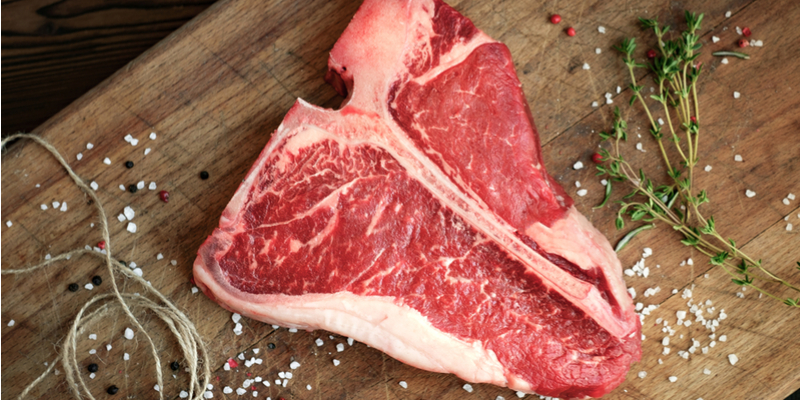A Closer Look at the Australian Beef Industry
Australia is one of the best producers of superior quality beef in the world and it plays a big part in our export and logistics industries.
When it comes to beef exportation, Australia is at an advantage because our relatively small population means that beef demand is low, allowing the country to export larger volumes of beef each year. The largest markets for Australian beef are Korea, Japan and America.
Although a small global player, Australia’s disease-free status, traceability of its beef industry and the overall value of its beef exports has made the country a leading producer, outranking bigger competitors. With the stable rise in safer and grass-fed beef all over the world, Australia is expected to be one of the most sought-after exporters in the beef trade in the years to come.
Australia’s Beef Industry
According to the Australian Bureau of Statistics – Agricultural Commodities, Australia has 43,763 beef-producing farms with a national herd of 26.6 million head. Beef cattle farmers produce 2.1 million tons of beef every year and the industry accounts for 17% of total Australian farm exports.
The Australian beef industry is divided into two: the northern and southern production systems. Beef producers use a variety of cattle breeds which mainly depend on their ability to meet market standards and handle varying climates.
Northern producers usually raise Bos Indicus cattle because of their strength, hardiness, ability to resist ticks and cope with the hot climate. Although they can survive under rough conditions, beef from these cattle can be of lower quality. Southern producers on the other hand use Bos Taurus cattle which generally produce higher quality beef.
The Australian Beef industry has constantly searched for ways to improve production efficiency. This has enabled the country to maintain profitability despite increasing input prices. The future of the beef industry is expected to thrive even more with increasing international protein demand and Australia’s reputation for high-quality beef.
Beef-Quality Integrity Systems
The Australian Beef industry enjoys market privileges in more than 100 countries because of strict quality standards guaranteed by integrity systems in place. Three agencies ensure quality, food safety and animal and environmental welfare:
- National Livestock Identification System (NLIS)
- Livestock Production Assurance program (LPA)
- LPA National Vendor Declaration (LPA NVD)
Cattle farmers and beef producers are required to register in these integrity systems. The NLIS’ main task is to ensure the traceability of beef products. Visual or electronic ear tags, property identification codes and web-accessible database are all in place to maintain efficient traceability. Devices or property statuses can signal that an animal has biosecurity concerns or health issues and is immediately reported to processors for testing at slaughter.
The LPA on the other hand, documents and stores livestock history and on-farm practices. This integrity system also provides evidence when livestock is transferred to value chains.
These integrity systems maintain the safety, quality and integrity of Australian red meat standards. They also prevent the occurrence of livestock disease epidemic and chemical residue incidents.
Challenges of the Australian Beef Industry
The beef industry is fragmented and diverse, especially in southern production systems. Due to this, beef quality may vary greatly. On a larger scale, the industry is operated under a liberalised environment, forcing it to compete in the international market with beef producers who are highly subsidised. As a result, small Australian beef producers invest large amounts in improving productivity.
Australia depends on a small group of export markets and this is a significant challenge to the beef industry. In 2011, the Australian government halted exports to Indonesia and this threatened the future of northern beef producers. During the suspension, the industry failed to find accessible alternative export markets.
Although Australia faces these challenges, it is the first country to impose integrity systems and because of this has significantly gained access to numerous world markets.
Do you need refrigerated transport or general road freight within the beef industry? Get in touch with us today.
